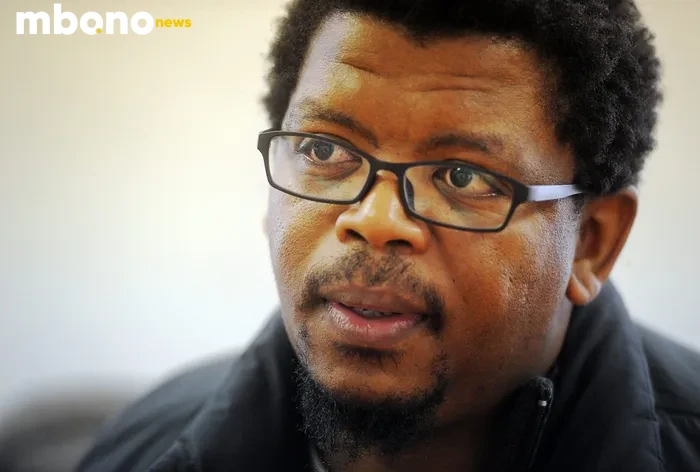Tears and Accusations as Cradock Four Inquest Reopens After Decades of Delay
An emotional Lukhanyo Calata, son of slain anti-apartheid activist Fort Calata, broke down in the Eastern Cape High Court as the long-awaited inquest into the 1985 killings of the Cradock Four resumed this week.
The reopened inquest—now in its third iteration since the original killings—seeks to uncover long-concealed truths about the deaths of Fort Calata, Matthew Goniwe, Sicelo Mhlauli, and Sparrow Mkonto, whose brutal murders shocked the nation during the height of apartheid.
‘The ANC Has Betrayed Us’
In a powerful address to the court, Lukhanyo Calata accused the ANC-led government of betraying the families by failing to pursue justice against those responsible. He hinted at a high-level political cover-up, stating:
“We believed that democracy would bring justice. Instead, it has brought silence. The betrayal cuts deeper than the loss.”
Despite two previous inquests implicating apartheid security forces in the killings, no one has ever been convicted, fueling ongoing frustration for the families and survivors of the liberation struggle.
Last Surviving Suspect Now Deceased
The urgency of the case has been underscored by the death of the last living suspect, Hermanus du Plessis, in 2023—leaving many to wonder whether true accountability will ever be achieved.
Legal experts and human rights advocates see this third inquest as one of South Africa’s last chances to address the unfinished business of apartheid-era crimes, especially those left unresolved by the Truth and Reconciliation Commission (TRC).
As the court proceedings continue, the reopening of the Cradock Four inquest reignites a national conversation about truth, reconciliation, and justice denied—raising haunting questions about how much of South Africa’s past remains deliberately buried.
